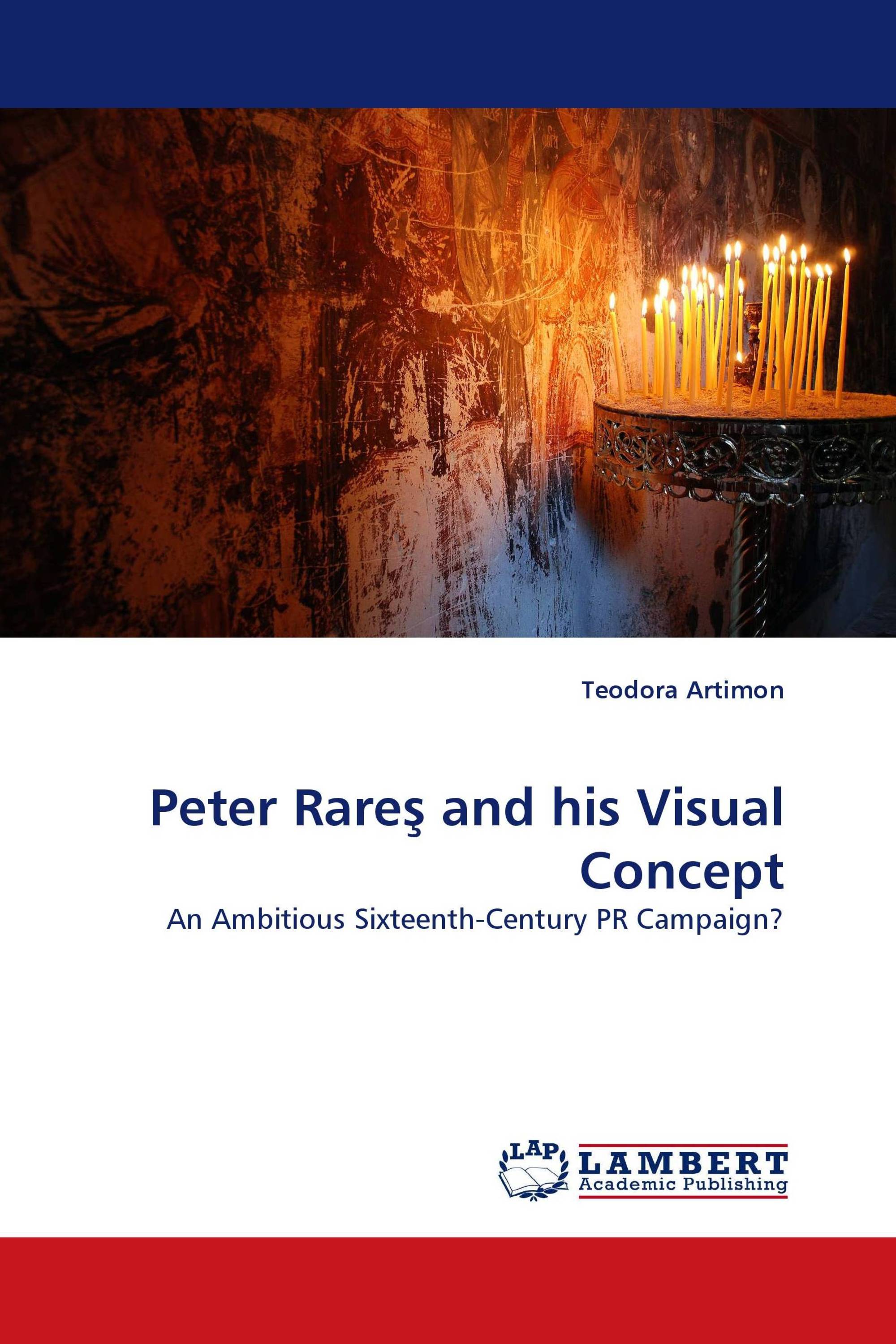Peter Rareş and his Visual Concept
An Ambitious Sixteenth-Century PR Campaign?
LAP Lambert Academic Publishing ( 2010-10-29 )
€ 59,00
Peter Rareş (1527-1538; 1541-1546) found himself in an unbalanced situation when he gained the crown of Moldavia. Although the Ottoman threat was more present than ever and Rareş''s desire was to keep the freedom of his lands intact, some of his most important boyars were arguing for the acceptance of subordination to the Ottoman Empire. In these conditions, the ruler developed a strategy to make his position visible and influential. Using the exterior walls of the monasteries he had commissioned, Rareş and his team of loyal nobles tried to reach their most important public: the free peasants who would comprise the grand army of Moldavia. Thus, the scene of the Ottoman army besieging Constantinople together with the figures of the Ottoman soldiers heading for Hell in the Last Judgment are the most important “actors” for the unique way in which Peter Rareş made his point. Apart from using such visual techniques, the voivode of Moldavia also used other strategies, such as dissimulating the attention of the rebellious boyars and building himself a positive and trustworthy image through the Chronicle of Bishop Macarie.
Book Details: |
|
|
ISBN-13: |
978-3-8433-6299-3 |
|
ISBN-10: |
3843362998 |
|
EAN: |
9783843362993 |
|
Book language: |
English |
|
By (author) : |
Teodora Artimon |
|
Number of pages: |
124 |
|
Published on: |
2010-10-29 |
|
Category: |
The Middle Ages |




